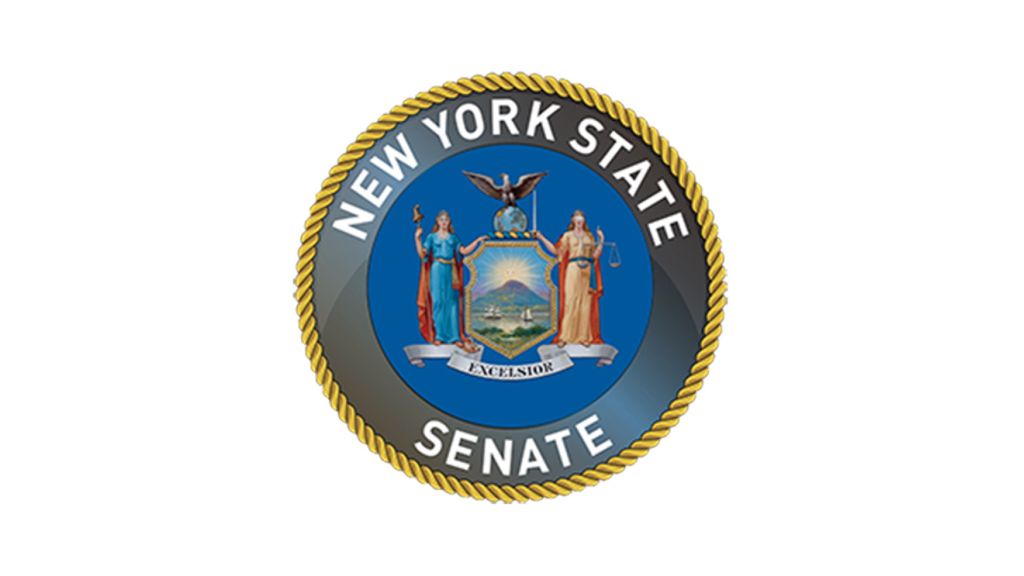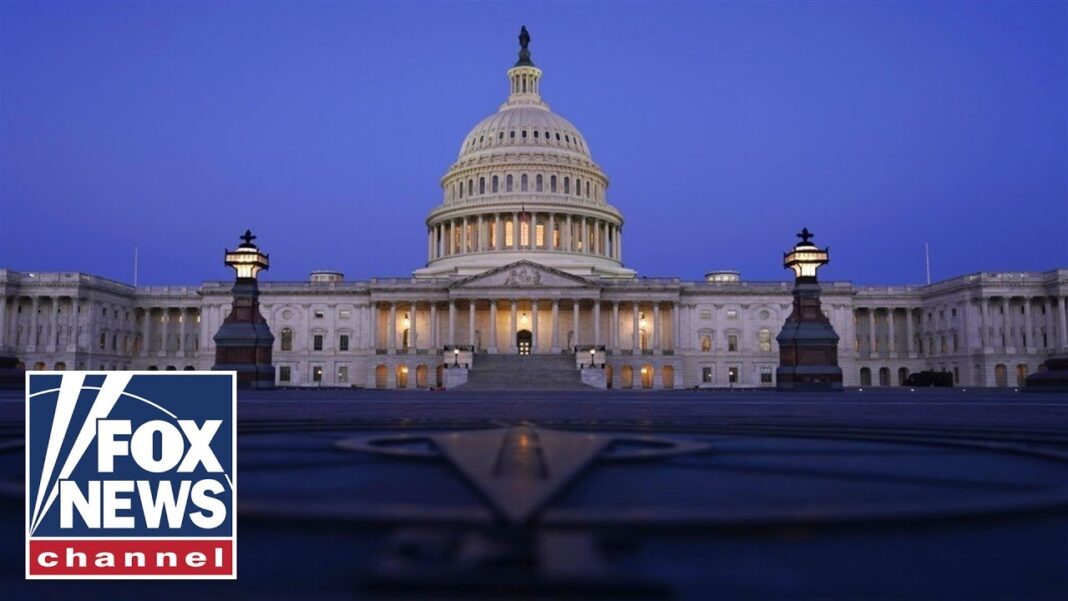AN ACT to amend the education law, in relation to comprehensive sexuality education in schools
A new bill introduced in the New York Senate, sponsored by a freshman Democrat, could make comprehensive sex education compulsory to children as young as five in public and charter schools and force schools to teach kids about gender identity by the end of second grade.
Sen. Samra G. Brouk introduced Senate Bill S2584A, which seeks to require comprehensive sexuality instruction for students in grades K-12. The bill would require the instruction of model curricula for comprehensive sex education that conforms to the “content and scope of national sexuality education standards.”
“Comprehensive sexuality education covers issues like healthy relationships, body image, and self-esteem,” Brouk wrote in a justification of the bill.
“In kindergarten, that looks like basic lessons about friendship and communication, providing students with the building blocks they need to tackle issues like consent and sexual health years later in middle and high school. At older ages those lessons include health matters like preventing unintended pregnancy and sexually transmitted infections (STIs).”
The bill seeks to link the state’s schools to recommendations on sex education by the Sexuality Information and Education Council of the United States, described as a liberal-leaning interest group that advocates for “Sex Ed for Social Change.”
The group’s current standards propose that public and charter schools teach “gender identity” to kids as young as second grade.
According to the organization’s standards chart, children by the end of the second grade should be able to “define gender identity and gender-role stereotypes.” Students at that age should also be able to “discuss the range of ways people express their gender and how gender-role stereotypes may limit behavior.”
By the end of fifth grade, the council’s standards call for students to be able to “explain differences between cisgender, transgender, gender nonbinary, gender expansive and gender identity.” They should also be able to explain that “gender expression and gender identity exist along a spectrum.”
Read Full Article on ChristianPost.com
STATE OF NEW YORK
2584–A
2021-2022 Regular Sessions
IN SENATE
January 21, 2021
Introduced by Sens. BROUK, GOUNARDES — read twice and ordered printed, and when printed to be committed to the Committee on Education — committee discharged, bill amended, ordered reprinted as amended and recommitted to said committee.
AN ACT to amend the education law, in relation to comprehensive sexuality education in schools
The People of the State of New York, represented in Senate and Assembly, do enact as follows:
The education law is amended by adding a new section 804-e to read as follows:
§ 804-e. Comprehensive sexuality education.
- Each public and charter school shall ensure all pupils receive, as an integral part of education in grades kindergarten through twelve, comprehensive sexuality education.
- The commissioner, in consultation with the commissioner of health, shall develop and establish a comprehensive sexuality education program. Such program of instruction shall include: (i) model curricula for comprehensive sexuality education in grades kindergarten through twelve including exemplar lesson plans, instructional tools and materials, and best practice instructional resources that are suitable to student age, based on cognitive, emotional, and behavioral capacity and at a minimum conforms to the content and scope of national sexuality education standards; (ii) resources to support implementation of the instruction in the schools; and (iii) public availability of all program materials related to comprehensive sexuality education on the department’s website.
- In the development of such program, the commissioners shall seek the recommendations of a broad range of experts such as teachers certified in health, biology, family and consumer science, early childhood education, and childhood education, certified and licensed social workers, school nurses, school administrators, school board members, parent teacher association members, others with educational expertise in intimate partner violence, sexual assault, reproductive and sexual health care, and serving lesbian, gay, bisexual, transgender and questioning youth. Such program of comprehensive sexuality instruction shall be reviewed periodically by the commissioner in consultation with the commissioner of health, at intervals specified by the commissioner, and updated as necessary.
- The commissioner shall prescribe in regulations such contents and topics to be included in a curriculum of comprehensive sexuality instruction; provided, however, that the curricula need not be uniform throughout the state; and provided further, however, that school districts shall utilize either a curriculum for comprehensive sexuality education instruction prescribed by the commissioner or a curriculum in accordance with the criteria established by the commissioner.
- Upon approval and adoption by the board of regents, the department shall issue guidance to the school districts about the program on comprehensive sexuality instruction and publish on its website model curricula and instructional resources required by this section. School districts shall provide comprehensive sexuality education instruction no later than the school year following the effective date of this section. No later than the second year after the effective date of this section and as necessary thereafter, the commissioner shall conduct a review of district implementation to monitor compliance.
- The boards of education or trustees of the cities and school districts of the state that choose not to adopt the model curriculum approved by the board of regents shall each establish an advisory council which shall make recommendations to the board of education or trustees concerning the curriculum, content, and evaluation of the comprehensive sexuality education required pursuant to this section. The advisory council shall include, but need not be limited to, members of the school board or trustees, school authorities, a teacher designated by a teacher’s collective bargaining organization, other staff, parents, students, and other representatives of the community. The board of education or trustees of a school district shall determine the curriculum and content of the program within the school district and shall be responsible for the evaluation of the program within the district and ensuring the program conforms in content and scope to the comprehensive sexuality education program established by the commissioner.
- The board of education and trustees of the cities and school districts of the state shall establish a process by which a parent or guardian of a student may elect for the student not to participate in select lessons regarding HIV/AIDS prevention; provided, however, that such process shall require written notice signed by the student’s parent or guardian for each school year.
- As used in this article, “comprehensive sexuality education” means a medically accurate, age-appropriate sequential learning program which addresses physical, mental, emotional and social dimensions of human sexuality, is trauma-responsive and culturally appropriate, incorporates skills-based instruction; provides students with knowledge and skills they need to form relationships that are based on mutual respect and affection and that are free from violence, coercion, and intimidation; and are respectful and inclusive of all students regardless of actual or perceived race, color, weight, national origin, ethnic group, religion, religious practice, disability, sexual orientation, or gender as defined in section eleven of this chapter. Comprehensive sexuality education shall include, but is not limited to, age-appropriate instruction on: (i) human anatomy, reproduction, and sexual development; (ii) consent, bodily autonomy, boundary-setting, bullying, and peer pressure; (iii) healthy relationships, including relationships involving diverse sexual orientations and gender identities and prevention of intimate partner violence, sexual violence and sexual harassment; (iv) methods for preventing pregnancy and sexually transmitted infections; (v) gender, gender expression, gender identity, diversity of sex characteristics, and the harms of gender stereotypes; (vi) the relationship between substance use and sexual behavior and health; and (vii) the use of technology and social media in interpersonal relationships.
10 § 2. This act shall take effect July 1, 2024.
NY-Senate-Bill-S2584A






